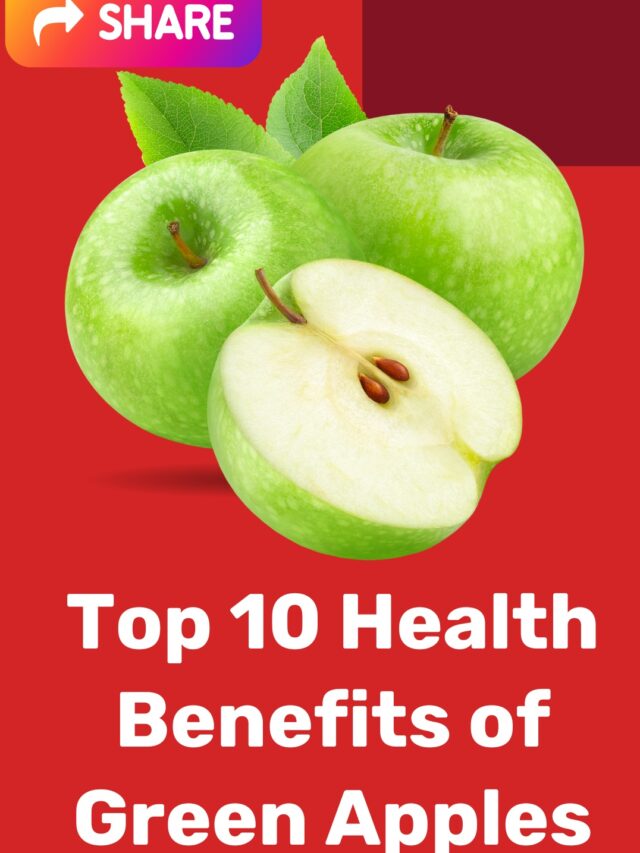Breakfast: The Most Important Meal of the Day


Introduction
Breakfast is often hailed as the most important meal of the day, and for good reason. It sets the tone for the rest of the day, providing you with the energy and nutrients needed to kick-start your morning. In this article, we will explore the significance of breakfast, its health benefits, and some delicious and nutritious breakfast ideas to help you make the most of your mornings.
Why is Breakfast Important?
Breakfast literally means “breaking the fast” as it refers to the first meal you consume after an overnight period of not eating. It provides your body with the essential nutrients and fuel necessary to replenish glycogen stores, jumpstart your metabolism, and provide you with the energy needed to tackle the day ahead.
The Health Benefits of Eating Breakfast Regularly
Regularly consuming a healthy breakfast has numerous health benefits. It helps maintain a healthy weight, improves concentration and productivity, enhances mood and mental well-being, stabilizes blood sugar levels, and reduces the risk of chronic diseases such as heart disease and type 2 diabetes.
What foods to eat for breakfast to lose weight?
- Smoothie Bowls
- Protein-Packed Omelettes
- Wholesome Whole Grain Cereals
- Fresh Fruit Parfaits
- Nut Butter Toast with Banana Slices
- Greek Yogurt with Berries and Nuts
What is the best thing for breakfast?
- Eggs. Eggs make a simple, nutritious breakfast choice.
- Greek yogurt. Greek yogurt is a great option if you’re looking for a quick breakfast.
- Coffee. Aside from water, coffee is the world’s most popular beverage.
- Oatmeal.
- Chia seeds.
- Berries.
- Cottage cheese.
- Whole wheat toast.
The Impact of Skipping Breakfast
Skipping breakfast can have negative effects on your overall health and well-being. It can lead to increased hunger, cravings for unhealthy foods, decreased concentration, lower energy levels, and a slower metabolism. Long-term breakfast skipping has been associated with a higher risk of obesity and chronic diseases.
The Role of Protein in Breakfast
Including protein in your breakfast is essential for muscle repair, satiety, and maintaining stable blood sugar levels. Eggs, Greek yogurt, cottage cheese, and plant-based protein sources such as tofu and tempeh are excellent choices to incorporate into your morning meal.
The Importance of Whole Grains in the Morning
Whole grains provide a steady release of energy, fiber, and essential nutrients. Opt for whole grain bread, oatmeal, quinoa, or whole grain cereals to promote long-lasting satiety and support digestive health.
Incorporating Fruits and Vegetables into Your Breakfast
Fruits and vegetables add a burst of vitamins, minerals, and antioxidants to your morning routine. Whether it’s a refreshing fruit salad, a green smoothie, or sautéed vegetables with your eggs, make sure to include colorful produce in your breakfast for optimal health benefits.
The Power of Healthy Fats
Healthy fats, such as avocado, nuts, and seeds, provide a sense of fullness, promote brain health, and aid in the absorption of fat-soluble vitamins. Add a sprinkle of chia seeds to your yogurt or enjoy a slice of avocado on whole grain toast to reap the benefits of healthy fats.
Balancing Your Breakfast with Fiber
Fiber-rich foods like whole grains, fruits, vegetables, and nuts contribute to digestive health, help regulate blood sugar levels, and promote feelings of satiety. Aim to include a good source of fiber in your breakfast routine to support overall well-being.
Breakfast for Weight Management
Enjoying a balanced and nutritious breakfast can help with weight management goals. It reduces the likelihood of overeating later in the day, curbs cravings, and provides the body with the necessary nutrients for a healthy metabolism.
Breakfast and Brain Function
Breakfast plays a crucial role in supporting cognitive function and mental performance. It provides the brain with glucose, its primary source of energy, enhancing memory, concentration, and overall brain function.
Breakfast for Children: Setting the Right Example
Encouraging children to eat a nutritious breakfast sets a positive foundation for their overall health and well-being. By providing them with a balanced meal in the morning, you are helping them concentrate better in school, supporting their growth and development, and instilling healthy eating habits for life.
Quick and Easy Breakfast Recipes
- Overnight Chia Pudding
- Veggie Egg Muffins
- Banana Oat Pancakes
- Avocado and Egg Toast
- Berry Smoothie
Breakfast On-the-Go: Options for Busy Mornings
- Homemade Granola Bars
- Greek Yogurt Parfait in a Jar
- Breakfast Burrito Wrap
- Peanut Butter Energy Balls
- Green Smoothie in a Bottle
- Conclusion
In conclusion, breakfast is undeniably the most important meal of the day. By making healthy breakfast choices, you can nourish your body, support your overall well-being, and set yourself up for a productive day ahead. Remember to prioritize a balanced combination of protein, whole grains, fruits, vegetables, and healthy fats to maximize the benefits of your morning meal.
FAQs
Is it okay to skip breakfast if I’m not hungry in the morning?
While it’s important to listen to your body’s hunger cues, try to have a light breakfast or a nutritious snack to fuel your body and provide energy for the day.
Can I have a sugary cereal for breakfast?
Opt for whole grain cereals with low added sugar content. You can add fresh fruits or a small amount of honey for natural sweetness.
What if I don’t have time to prepare breakfast in the morning?
Plan ahead and prepare overnight meals or quick options that can be easily grabbed and eaten on-the-go, such as overnight oats or smoothies
Can I have leftovers from dinner as breakfast?
Leftovers can be a convenient option for breakfast, but try to balance the meal by adding some fresh fruits or vegetables to make it more nutritious.
How long should I wait after breakfast to exercise?
It’s generally recommended to wait at least 30 minutes to an hour after having a meal before engaging in intense exercise.

